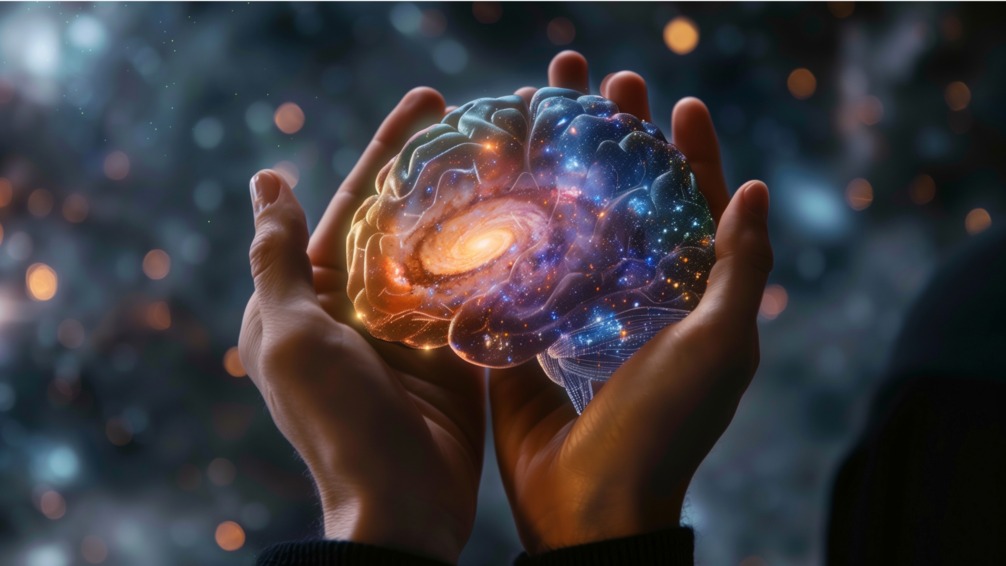Decoding Burnout: The Science of Recovery and Personal Growth
Burnout drains more than your time—it rewires your biology, leaving hormones and nerves out of sync. You know recovery isn’t just rest; it demands a precise approach to nervous system regulation and hormonal optimisation. This isn’t guesswork—it’s science-led personal development designed to rebuild your energy and sharpen your focus. Let’s unpack how structured recovery can reclaim control over your body and mind. Explore more here.
Understanding Burnout Recovery

Burnout isn’t just about feeling tired. It’s a biological shift that affects your entire system. Let’s explore the scientific roots to unravel this complex experience.
The Science of Burnout
Burnout occurs when stress becomes chronic, creating a cascade of biological effects. Your cortisol levels rise, impacting your mood and energy. According to research, nearly 77% of professionals experience burnout symptoms at some point. Dig deeper into burnout science here.
The first step in tackling burnout is understanding how it changes your body. Your adrenal glands, responsible for cortisol production, go into overdrive. This isn’t just about feeling tired—it’s a full-body response. You’re not alone in this—most people underestimate the physical toll of burnout.
Hormonal Imbalance Uncovered
Your hormones play a crucial role in how you handle stress. When they’re out of balance, it feels like you’re constantly fighting an uphill battle. Cortisol is often the main culprit. When it stays elevated, it disrupts other hormones like testosterone and estrogen. This hormonal chaos can lead to fatigue and brain fog.
But there’s hope. By addressing these imbalances, you can restore your body’s natural harmony. It starts with recognising the signs—like persistent exhaustion and mood swings. Learn more about hormonal balance here.
Nervous System Regulation Explained
Your nervous system is like a finely tuned orchestra. When burnout hits, it loses its rhythm. The sympathetic nervous system, which handles stress responses, stays active, leaving the parasympathetic system sidelined. This imbalance affects your sleep, digestion, and overall well-being.
To regain control, focus on techniques that calm your nervous system. Breathing exercises, meditation, and mindful movement can help. By regulating your nervous system, you pave the way for sustainable recovery. Find out more about nervous system health.
Rebuilding Energy and Focus

Understanding is just the beginning. Now, let’s dive into practical steps that can help rebuild your energy and sharpen your focus.
Structured Personal Development Techniques
Structured personal development provides a roadmap for recovery. It involves setting clear, achievable goals and tracking progress. By focusing on small wins, you build momentum and confidence. Consider techniques like journaling, goal setting, and regular self-assessment.
These practices create a sense of control and direction. They help you break free from the burnout cycle and move towards a more balanced life. Remember, change doesn’t happen overnight—it’s a journey worth taking.
Strategies for Hormonal Optimisation
Optimising your hormones can feel like unlocking a secret to sustained energy. Start with your diet—prioritise protein, healthy fats, and fibre. These nutrients support hormone production and balance.
Exercise also plays a vital role. Strength training, in particular, boosts testosterone and reduces cortisol. Don’t forget the power of rest—sleep is essential for hormonal health. Implement these strategies, and you’ll notice a difference in your energy levels.
The Path to Energy Rebuilding
Rebuilding energy isn’t just about physical health; it’s about mindset too. Adopt a holistic approach, combining nutrition, exercise, and mental wellness. This comprehensive strategy ensures that you’re addressing all aspects of burnout.
Consider creating a daily routine that incorporates these elements. Small, consistent actions lead to big changes. You’re not just repairing your body—you’re reclaiming your life.
Empowerment Through Science-Based Growth
With the right tools, you can transform your understanding into empowerment. Let’s explore how science-backed practices can lead to self-discovery and growth.
Personal Development and Self-Discovery
Personal development is a journey of self-discovery. It involves exploring your strengths, weaknesses, and values. By understanding yourself better, you can set goals that align with your true desires.
Reflect on what matters most to you. What drives you? What do you want to achieve? Use these insights to guide your growth journey. Self-discovery is a powerful tool for overcoming burnout and building a fulfilling life.
Discipline and Self-Mastery Practices
Discipline is key to mastering your energy and focus. It involves creating habits that support your goals. Start with simple practices like morning routines or digital detoxes. These small changes can significantly impact your overall well-being.
Self-mastery also requires patience and perseverance. It’s about staying committed, even when challenges arise. By cultivating discipline, you’re not just improving your energy—you’re building resilience.
Elevation’s Approach to Recovery
At Elevation, we believe in a science-backed approach to recovery. Our methods combine hormonal optimisation, nervous system regulation, and personal development. By addressing these areas, we aim to provide a comprehensive path to healing.
Our programmes are designed for those who seek empowerment through discipline and structure. We offer tools and resources to help you reclaim your energy and focus. Discover more about our approach here.
Through understanding and action, you can rise above burnout. Embrace this journey, and you’ll find strength, clarity, and renewed purpose.



